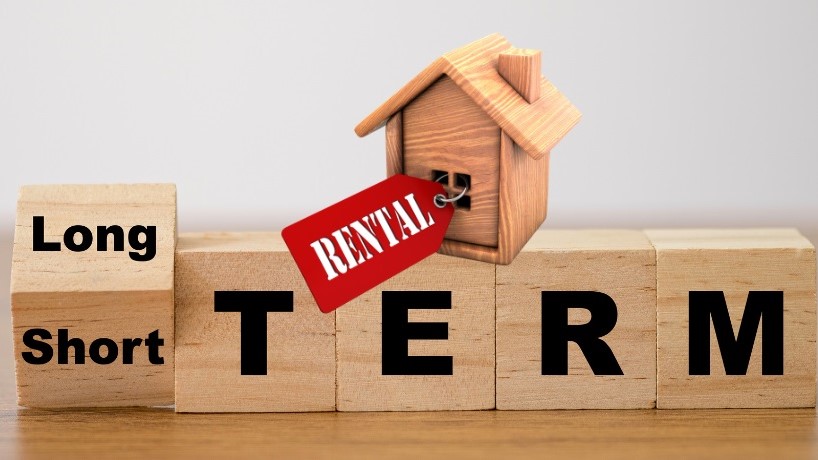Reclaiming Homes: Could Gibraltar Follow Spain’s Lead in Regulating Short-Term Lets?
Economy | 19 Sep 25, 00:00

At Richardsons, we’ve long championed sustainable property practices and community-first development. This moment invites reflection - and perhaps bold action.
Spain’s Strategy: A Model Worth Watching
Spain’s crackdown is rooted in its Single Register of Tourist and Seasonal Accommodations, a national database requiring all short-term rental properties to be registered. Listings without valid registration numbers are now being removed from platforms like Airbnb and Booking.com. The result? Tens of thousands of properties are being redirected toward long-term rental markets.
This isn’t just about regulation - it’s about restoring balance. Cities like Seville, Barcelona, and Malaga have seen dramatic shifts in housing availability. Spain’s Housing Ministry has made its goal clear: to make housing more accessible for residents, not just tourists.
Gibraltar’s Phase 2: A Turning Point in Property Oversight
Gibraltar’s Property Occupation Act, now in Phase 2, is laying the groundwork for more robust property regulation. This phase introduces clearer definitions of occupancy, stronger enforcement mechanisms, and penalties for non-compliance. While it doesn’t yet mandate the removal of unregistered short-term lets from online platforms, the legal infrastructure is evolving - and the conversation is gaining momentum.
In a market as compact and competitive as Gibraltar’s, every residential unit counts. Short-term lets, while economically valuable, can reduce the availability of homes for families and young professionals. The tension between tourism and residential needs is real - and increasingly visible.
Why This Matters for Gibraltar’s Families
At Richardsons, we see firsthand the challenges faced by local families trying to secure long-term housing. The demand is high, the supply is tight, and affordability remains a concern. If Gibraltar were to follow Spain’s lead, the potential benefits could be significant:
- More Homes Available: Reclaiming unregistered short-term lets could immediately increase the pool of long-term rental properties.
- Stabilised Prices: A healthier supply-demand balance could ease rental inflation, making homes more accessible.
- Stronger Communities: Reducing transient occupancy fosters deeper neighborhood ties and long-term investment in local life.
- Fairer Markets: Ensuring all landlords comply with registration and tax obligations creates a level playing field.
This isn’t about penalising property owners - it’s about aligning private interests with public good.
Balancing Tourism and Residential Needs
Gibraltar’s economy benefits from tourism, and short-term rentals play a role in that ecosystem. Any regulatory shift must be thoughtful, inclusive, and well-communicated. Spain’s approach offers a roadmap: centralised registration, platform accountability, and gradual enforcement.
Gibraltar could consider:
- Creating a Unified Registry: A transparent system for short-term rental registration.
- Partnering with Platforms: Ensuring compliance through cooperation with Airbnb, Booking.com, and others.
- Offering Transition Support: Helping landlords shift from short-term to long-term models where needed.
- Monitoring Impact: Tracking housing availability, pricing trends, and community feedback.
A Richardsons Vision for the Future
We believe Gibraltar has an opportunity to lead - not just follow. By embracing smart regulation, the territory can protect its housing stock, support its families, and still welcome visitors with open arms. The Property Occupation Act is a step in the right direction. Phase 2 could be the moment Gibraltar chooses to prioritise homes over holiday lets.
At Richardsons, we’re committed to helping clients navigate this evolving landscape. Whether you’re a landlord, tenant, buyer, or seller, we’re here to offer guidance, insight, and support. Because housing isn’t just about property - it’s about people.